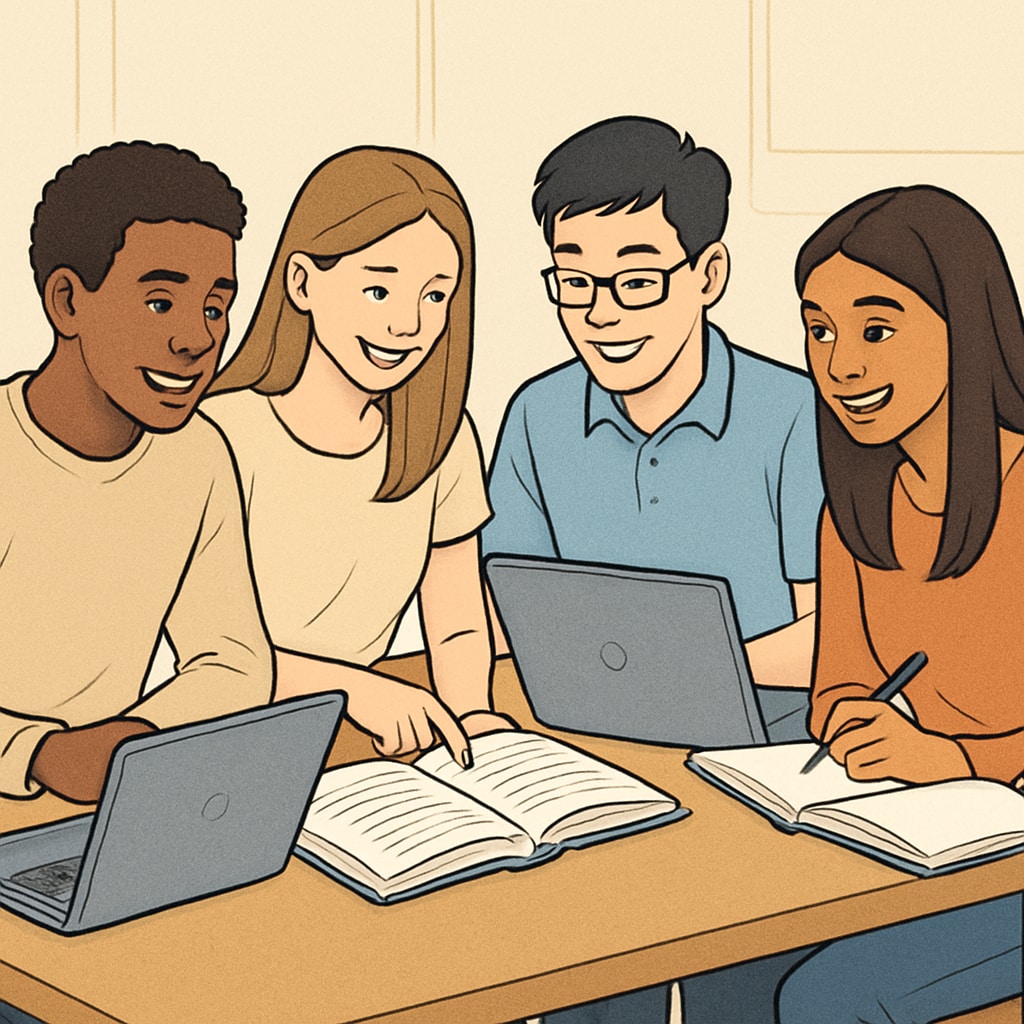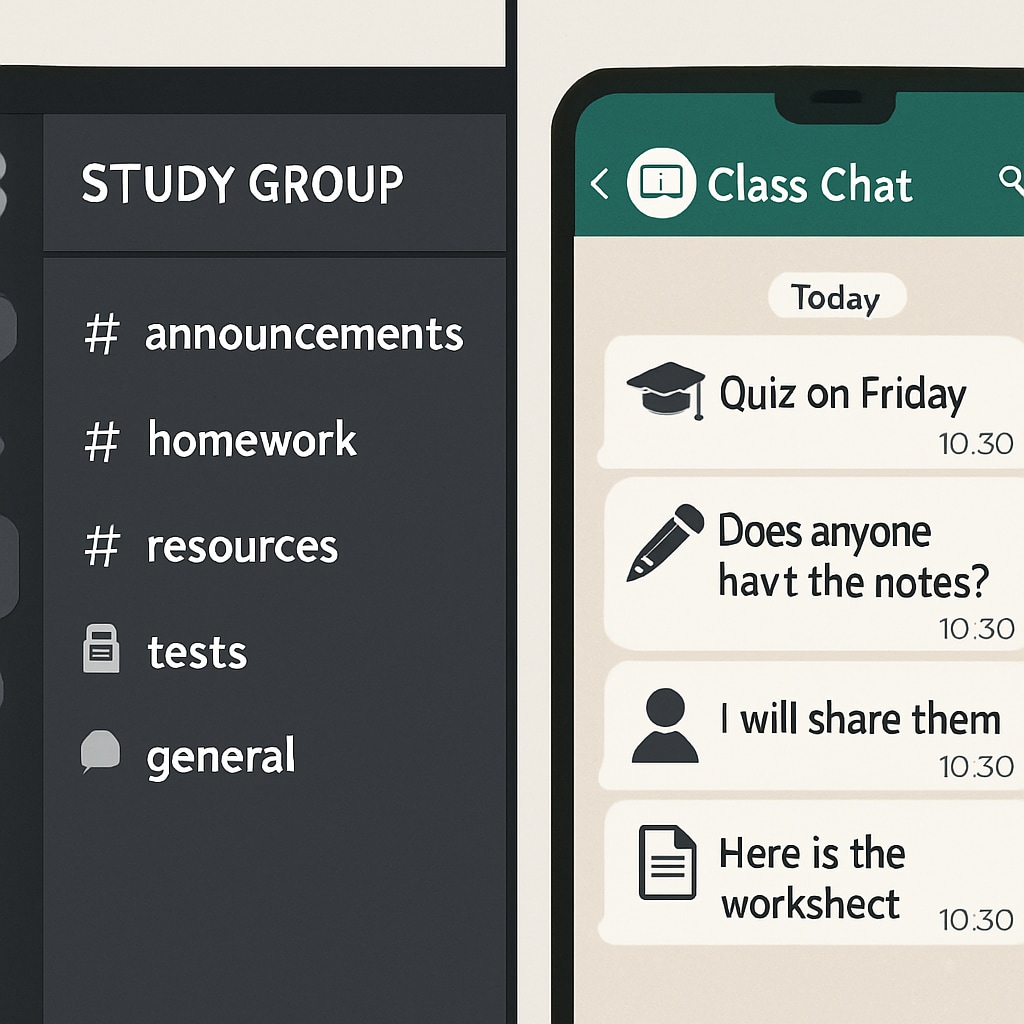In today’s digital learning era, study groups, Discord communities, and WhatsApp groups have become essential platforms for K12 students to access resources, solve problems, and collaborate effectively. These tools empower learners to build support networks beyond the classroom, fostering engagement and academic growth.

Why Digital Learning Communities Matter
Research shows that collaborative learning improves retention and problem-solving skills. According to a Wikipedia study on collaborative learning, students in active groups outperform solo learners by 20%. Key benefits include:
- Resource sharing: Instant access to notes, videos, and practice materials
- Peer support: 24/7 help with homework or complex topics
- Accountability: Regular check-ins to maintain progress
Choosing the Right Platform
Different tools serve unique needs:
- Discord communities (ideal for subject-specific channels and real-time discussions)
- WhatsApp groups (best for quick updates and file sharing)
- Dedicated study group apps like Britannica’s recommended education tools

Best Practices for Effective Groups
To maximize productivity:
- Set clear rules (e.g., no off-topic posts during study hours)
- Assign roles like moderators or note-takers
- Use pinned messages for key resources
Pro tip: Schedule weekly “knowledge recap” sessions where members teach concepts to reinforce learning.


